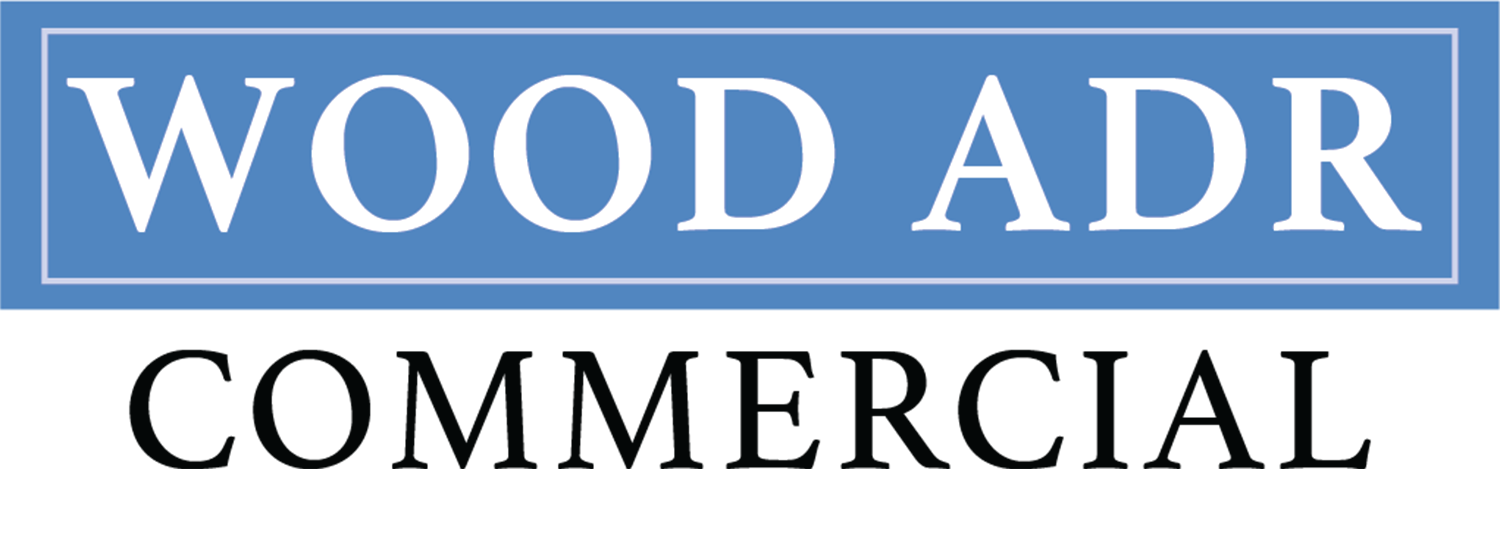How to Win in Intellectual Property Mediation in Los Angeles
Intellectual property attorneys often define “winning” in litigation as obtaining the best possible outcome for the client while minimizing the amount of harm to the client, given the particular circumstances involved in the case. Sometimes this objective can be accomplished by using intellectual property mediation in Los Angeles. While litigation has its place, not every dispute is best handled in that forum. Intellectual property mediation in Los Angeles can result in a positive outcome for your client.
Although mediation can be used at any point in the process, it is particularly helpful to use early in the process because it helps to resolve an issue before the parties are entrenched in their respective positions. It also helps to minimize legal expenses when employed early on. For public companies, a key consideration at all times is to consider how a particular action may impact the marketplace.
While mediation is a process that is designed to help bring about a settlement of a case, there are certain strategies that you can use to increase the probability of obtaining a successful outcome for your client.
One principle strategy to utilize is that of preparation. Even though mediation is a guided negotiation, strong preparation can help highlight the strengths of your case and mitigate its weaknesses. If the other party supports a contradictory position, knowing the case and the law that is on your side can be paramount during mediation. At the same time, you should be prepared to address any potential weaknesses in your case and be able to point to the cases or evidence that is on your side. Likewise, making sure that your client presents well can ensure that the other side knows that you are willing and able to proceed with the case if necessary. These steps can help ensure that the other side carefully considers the potential ramifications of litigation and weighs the alternative of settling the case in your client’s favor.

